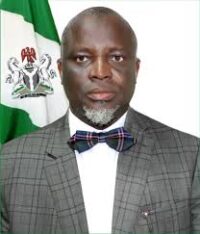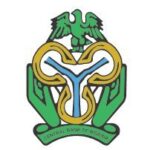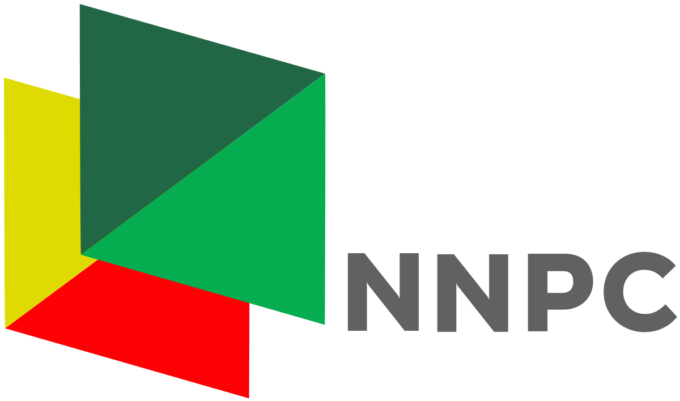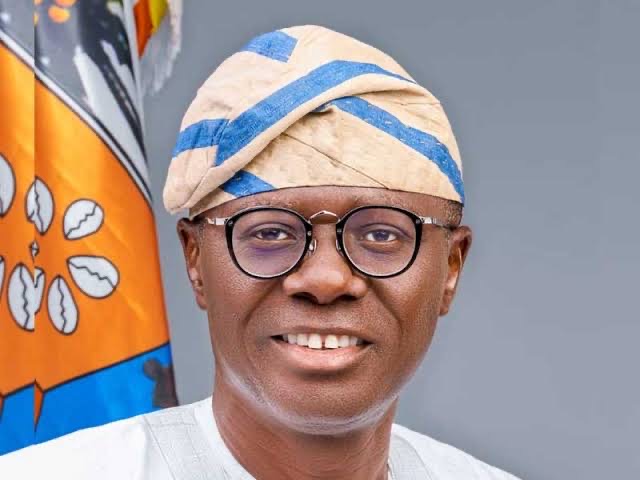President Bola Ahmed Tinubu on Tuesday, through a letter sent to the House of Representatives, seeks approval for new external borrowing and debt refinancing totaling $2.3 billion, alongside the issuance of a $500 million debut sovereign Sukuk in the international capital market.
The speaker of House of Representatives Tajudeen Abbas, who read the letter on the floor of the chamber on Friday, said it seeks the National Assembly’s resolution in line with Sections 21(1) and 27(1) of the Debt Management Office, DMO, Establishment Act, 2003.
In the letter, Tinubu said the new borrowing is aimed at implementing provisions of the 2025 Appropriation Act, refinancing maturing Eurobonds and diversifying Nigeria’s funding sources through Islamic finance instruments.
According to him, the 2025 budget provides for $9.27 billion in total new borrowings to finance the year’s fiscal deficit, out of which $1.84 billion (N1.23 trillion at an exchange rate of N1,500/$) is earmarked for external loans.
The president urged the lawmakers to authorise the Federal Government to source the funds through any of the following options:Issuance of Eurobonds; Loan syndication; Bridge financing from book runners; or Direct borrowing from international financial institutions.
The President also disclosed that Nigeria’s $1.118 billion Eurobond, issued in 2018 at 7.625% and maturing in November 2025, will be refinanced to avoid default.
“This is a standard practice in debt capital markets,” the letter noted, adding that refinancing through Eurobonds or syndicated loans would ensure debt sustainability and investor confidence.
While explaining that the decision was inspired by the government’s “considerable success” in domestic Sukuk issuances, which have raised N1.39 trillion since 2017 for critical infrastructure, particularly road projects, Tinubu said that the proposed international Sukuk will help bridge the country’s infrastructure funding gap and deepen its investor base.
“If the ICIEC credit guarantee is utilised, 25% of the proceeds will be used to repay relatively expensive debt obligations, while the balance will finance pre-identified infrastructure projects,” the letter stated.
Tinubu assured the House that the Federal Ministry of Finance and the Debt Management Office, DMO, would work closely with transaction advisers to secure the most favourable terms and pricing for all capital-raising efforts, subject to prevailing market conditions.











